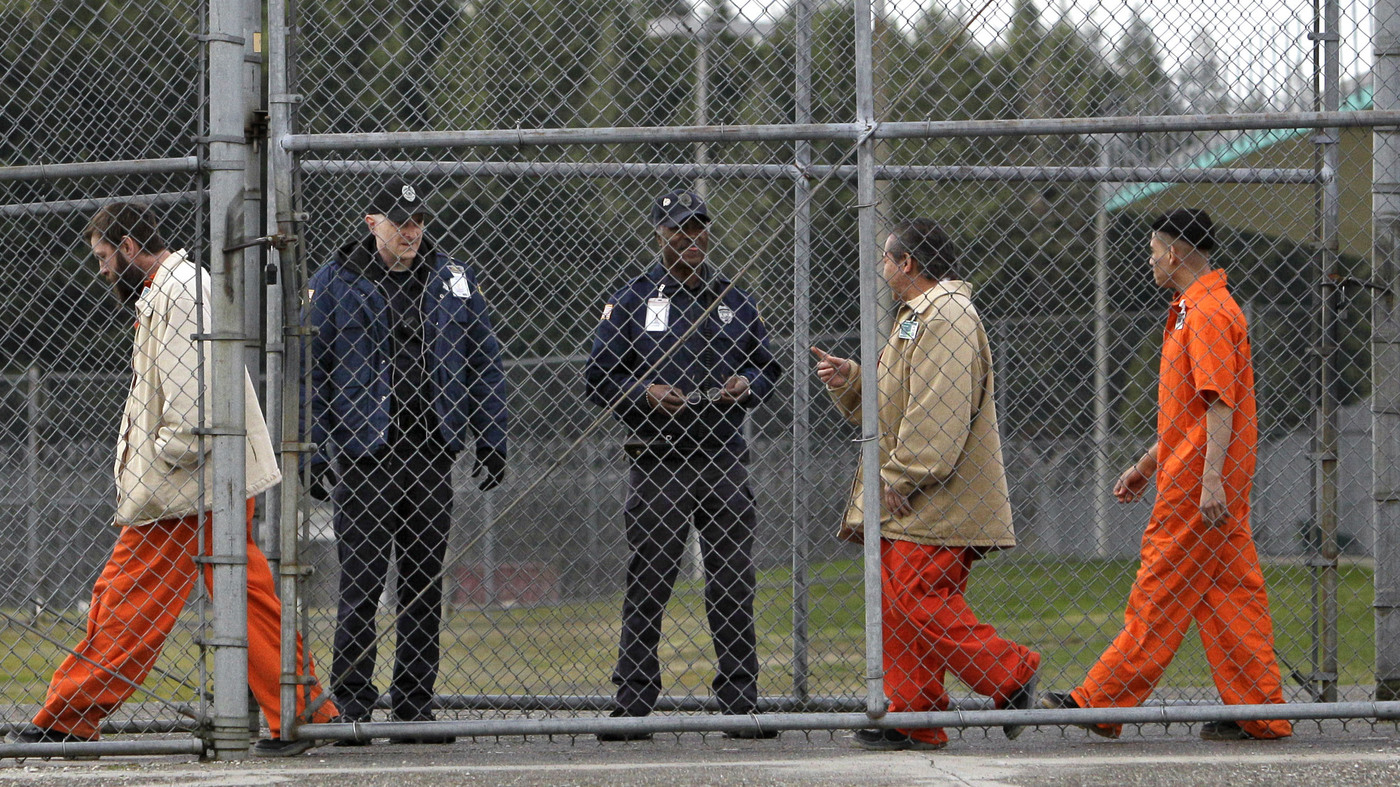Behind Bars: An Inside Look at the Prison Intake Process

Welcome to a comprehensive exploration of the prison intake process, shedding light on what unfolds behind the bars as individuals begin their journey into the correctional system. As daunting as it may seem, understanding what to anticipate during this crucial period can make a significant difference in navigating the challenges that lie ahead. From mental preparation and readiness tips to practical advice on what to bring, this guide aims to provide valuable insights to those facing their first steps into the world of incarceration. Whether you or a loved one is embarking on this unfamiliar path, it is essential to grasp the nuances of the prison intake process to ease the transition into this unique way of life.
Prison Preparation
When facing the prospect of incarceration, it is natural to feel a mix of anxiety and uncertainty. Preparing for prison involves both practical considerations and mental readiness. The first step is to familiarize yourself with what to expect in prison to alleviate some of the fear associated with the unknown. Talking to individuals who have gone through the experience can provide valuable insights and help you mentally prepare for the challenges ahead.
Another crucial aspect of prison preparation is organizing your affairs outside of prison. This includes arranging for any necessary legal matters, financial obligations, and informing loved ones about your situation. Having a support system in place can make a significant difference in how you navigate the process of incarceration. In addition, creating a plan for maintaining communication with family and friends while in prison can provide a sense of connection and emotional support during your time behind bars.
As you prepare for incarceration, it is important to consider what to bring with you to prison. Understanding the guidelines and restrictions on personal items can help you pack efficiently and ensure you have the essentials for your time in prison. While physical preparations are essential, the mental preparation for prison is equally vital. Practicing coping Visit now , developing resilience, and staying focused on your goals can assist in adjusting to the challenges of prison life and maintaining a sense of hope and positivity throughout the experience.
Incarceration Survival

In order to survive prison, it is crucial to mentally prepare yourself for the challenges ahead. Take the time to reflect on your situation and gather the inner strength needed to navigate the prison environment. Remember, maintaining a positive mindset can make a significant difference in how you cope with the experience.
One key aspect of surviving prison is to establish a support system both inside and outside the facility. Connect with other inmates who can offer guidance and camaraderie during tough times. Additionally, lean on federal prison system and loved ones for emotional support. Keeping in touch with them can help alleviate feelings of isolation and provide a sense of connection to the outside world.
Lastly, do your best to stay informed about prison resources and programs that can assist in your rehabilitation and reintegration into society. Utilize any educational opportunities, vocational training, or counseling services available to you. By staying proactive in your personal growth and development, you can work towards a successful reentry into the community upon release.
Family Support
Having a strong support system from family members can make a significant difference during incarceration. It is important to keep lines of communication open and maintain frequent contact with loved ones. This connection can provide emotional support and a sense of belonging, helping to ease the challenges of being in prison.
Family members can play a crucial role in assisting with the practical aspects of incarceration, such as managing finances, coordinating visits, and sending essential items like clothing and toiletries. Their involvement can help alleviate some of the stress associated with adjusting to prison life and ensure that basic needs are met while incarcerated.
Additionally, family support can provide a source of motivation and encouragement for inmates to work towards rehabilitation and bettering themselves during their time in prison. Knowing that they have loved ones rooting for them can inspire individuals to stay focused, stay positive, and make the most of their time behind bars.
